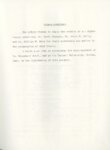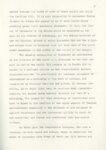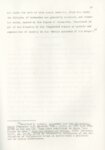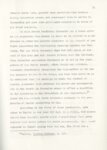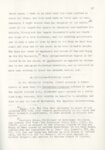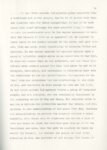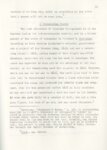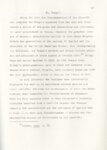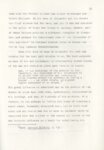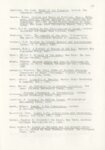| Description |
The purpose of this thesis is to study several of the major legendary origins of Alexander the Great as he appears in Greek, Egyptian, Persian, Middle Eastern Christian, Islamic and Jewish traditions; and where possible to indicate what motivated these particular characterizations. Primary attention is given to those traditions concerning the deification of Alexander, Alexander as the secretly reared son of someone, usually another king, other than Philip of Macedon, and Alexander as the ideal hero-king who rules by wisdom as well as with his power. Some attention is also given to the representations of Alexander as something less than a figure of epic qualities to be emulated, though by far the least popular characterization of him in legend. The question of Alexander's legendary origin has its roots in the events prior to his actual birth. The fact that his mother slept with snakes and later claimed Alexander was a god contributed to the later legends that Alexander was the son of Zeus. Historians and other writers present on Alexander's campaigns wrote many fantastic tales which later were to form the basis of the legends of countries from Malaya to Iceland. His success and fame were magnetic forces which seemed to attract to him the identification with folk heroes and figures of hope ·and salvation from the various cultures he came in contact with. To the Egyptians he became the son of the last independent Pharaoh, and as such was their redeemer against the Persians. By virtue of being the son of Pharaoh Alexander was also the son of Ammon, the Egyptian god equated to Zeus. A reflection of the Greek tradition is thus evident. In Ethiopia and Syria Alexander is portrayed as a Christian king who epitomizes the hero-king ideal. The Moslems believe him to be divinely inspired and of course Moslem, and the Jews proclaimed him as the fulfillment of their redeemer proph~ied by Daniel, Isaiah and Z~ chariah. Whereas many cultures have various versions of Alexander legends, the primary characterization as the figure of epic qualities is consistent -- except in Persian tradition. Persian tradition speaks of Alexander on a double standard. In one instance he is the son of one of their last kings prior to the Greek invasion. By virtue of this ,t connection the Persian defeat is purged by the fantasy that Alexander was a Persian reclaiming his rightful throne. For their part the Zoroastrians tend to look at Alexander as the man who burned the holy scriptures and persecuted the 'true believers', and is anything but the idealized character of most other traditions. Two Aspects of Persian nationalism -- the capacity f or assimilation and the reliance on age-old traditions -- historically complementary in times of adversity are here in conflict. I The body of legendary material surrounding Alexander practically obscures all traces of the real man. His universal appeal is thus a reflection of his real impact on the minds and hearts of men. |




